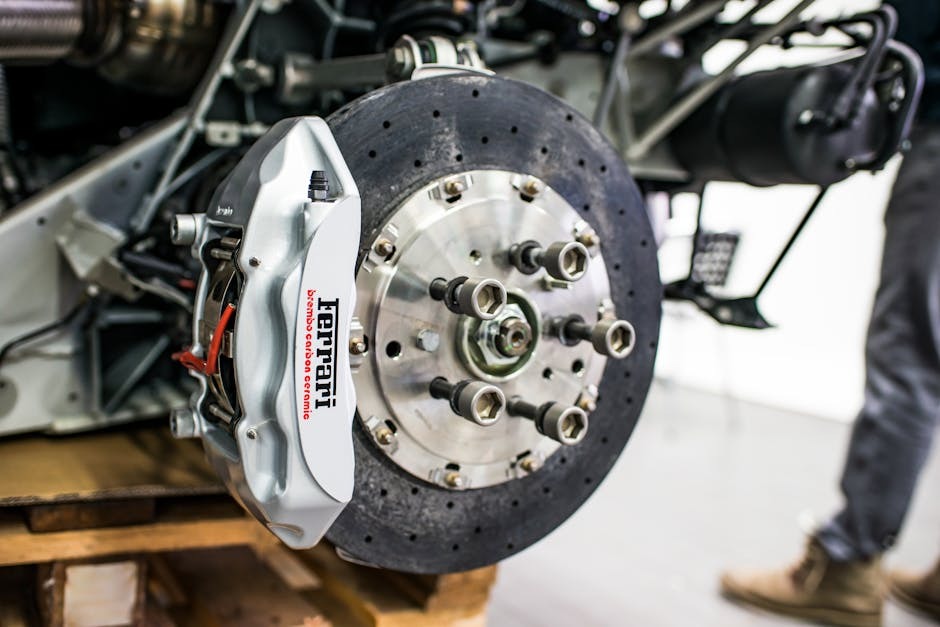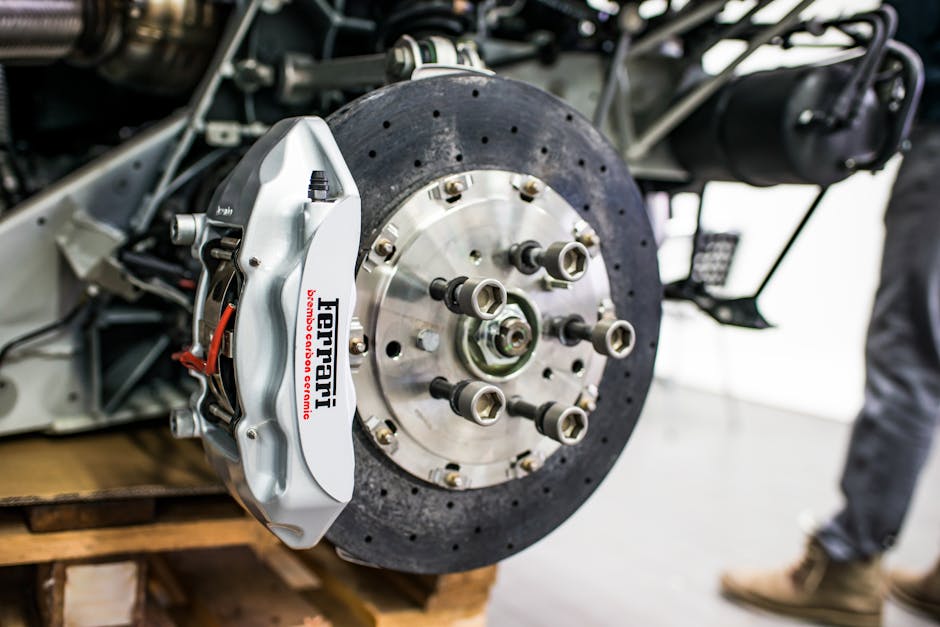From the intricate design of engines to the advanced safety features in modern vehicles, precision engineering has revolutionized the automotive industry. Let’s explore how this meticulous approach to manufacturing has redefined the way we think about cars.
The Evolution of Precision Engineering
Precision engineering has a rich history that dates back to the industrial revolution. The demand for more efficient machinery led to the development of precision tools and techniques that laid the foundation for modern manufacturing processes. From the first assembly lines to today’s computer-controlled production methods, the evolution of precision engineering has been a journey of constant innovation and refinement.
Advancements in materials science and technology have played a crucial role in shaping the field of precision engineering. From the discovery of new lightweight alloys to the development of high-strength composites, each breakthrough has opened up new possibilities for enhancing performance and fuel efficiency in vehicles. With precision engineering driving these innovations, cars have become more than just modes of transportation—they have evolved into symbols of cutting-edge technology and design.
The integration of precision engineering principles into automotive design has not only improved performance but also transformed the way we experience driving. From the smooth operation of sophisticated suspension systems to the precise calibration of advanced driver-assistance features, every aspect of a modern vehicle reflects the influence of precision engineering. By focusing on accuracy, repeatability, and quality control, manufacturers can deliver vehicles that meet the highest standards of safety and reliability.
As the automotive industry continues to embrace the principles of precision engineering, we can expect to see even more exciting developments on the horizon. The convergence of artificial intelligence, automation, and data analytics is pushing the boundaries of what is possible in vehicle design and manufacturing. With precision engineering as its driving force, the future of the automotive industry is set to be smarter, safer, and more sustainable than ever before.
Innovative Applications in Automotive Design
One of the most intriguing aspects of precision engineering in automotive design is the focus on aerodynamics. By fine-tuning the shape and contours of a vehicle, engineers can reduce drag and improve fuel efficiency without compromising on style. From sleek electric cars to futuristic concept vehicles, the marriage of art and science in automotive design showcases the endless possibilities of precision engineering.
Beyond aesthetics, precision engineering is also instrumental in enhancing the safety features of modern vehicles. Advanced sensor technologies, such as LiDAR and radar systems, rely on precise calibration and meticulous testing to ensure accurate detection of obstacles and hazards on the road. By leveraging the power of precision engineering, automotive engineers can create vehicles that are not only stylish but also equipped with state-of-the-art safety mechanisms.
The rise of electric and autonomous vehicles represents a new frontier for precision engineering in the automotive industry. The development of high-capacity batteries, energy-efficient electric motors, and sophisticated autonomous driving systems all rely on precise manufacturing processes and quality control standards. As these technologies become more widespread, the role of precision engineering in shaping the future of transportation will only continue to grow.
Efficiency and Safety Advancements through Precision Technology
Efficiency and safety have always been top priorities in the automotive industry, and precision engineering plays a key role in achieving these goals. By optimizing engine performance, streamlining manufacturing processes, and integrating advanced safety features, manufacturers can deliver vehicles that are not only more fuel-efficient but also safer to drive.
The development of intelligent transportation systems is another area where precision engineering is making a significant impact. By leveraging interconnected sensors, real-time data analysis, and predictive modeling, engineers can create adaptive traffic management systems that enhance road safety and reduce congestion. These innovations demonstrate the transformative power of precision engineering in optimizing the efficiency and sustainability of our transportation networks.
Looking ahead, the continued advancement of precision engineering techniques holds the promise of even greater breakthroughs in the automotive industry. From 3D printing of custom parts to the use of advanced materials like carbon fiber and graphene, the possibilities for innovation are limitless. As precision engineering continues to push boundaries and challenge conventional wisdom, the automotive industry is poised for a future defined by excellence, efficiency, and ingenuity.
The Future of Precision Engineering
In the fast-paced world of automotive innovation, precision engineering is the cornerstone of progress. By integrating cutting-edge technologies with meticulous attention to detail, the automotive industry continues to push boundaries and shape the future of transportation.


